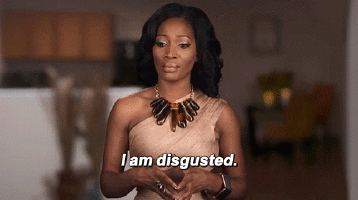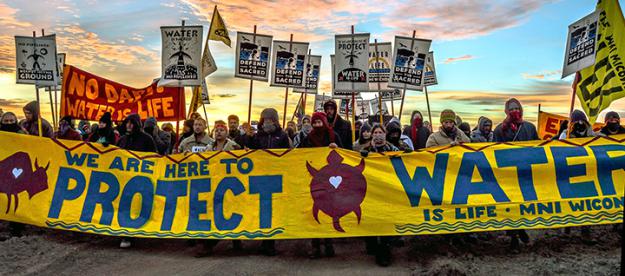In thinking about ways to make my activism more intersectional and of better use to other more marginalized women, I started to develop a rhetoric of inclusion and unity which started to become a rhetoric of homogeny, erasure, ownership, and white supremacy.
I started to think of women as a whole. I thought about "my sisters" and "our sisters" and how to use those phrases to motivate other white women to reevaluate and strengthen their activism and feminism through more intersectional methods. After all, we're all women. We bond over periods, motherhood, breasts, sexual violence, sexism, right? White women should all feel an innate bond and connection to other women because of these things, right? We're SISTERS, right?
WRONG. You are not "my sister" and this rhetoric used by white women is toxic, racist, and erasing.
First off, you are not "mine." This rhetoric implies ownership which is quite honestly disgusting and a perpetuation of white supremacy and colonialism. I think white women use this rhetoric to motivate each other into activism but it's actually doing more harm than good. We want to claim some sort of involvement and responsibility to the feminism and social justice movement but we cannot do so by claiming ownership over other women and their lives.
Secondly, you are not a "sister." I don't know anything about your life experiences as they are influenced by racism, homophobia, transphobia, colonialism, islamophobia, ableism, slut shaming, fat shaming, etc. I cannot claim some shallow bond of "sisterhood" in order to include myself in your fight for social justice and the dismantling of oppression. If we were truly sisters I would not have abandoned you in times of need. I would not be a come-and-go activist. I would not have the option to take a break from activism and pick and choose what I want to be involved in.
As white women we need to find a better way to involve ourselves in social justice movements. We have failed a lot of other women for centuries. They have fought and thrived without our help but we still have a duty and responsibility to humankind to fight for equity, social justice, and the dismantling of systems of oppression. To do so, we must reevaluate our methods to include and empower marginalized women. We must reevaluate our rhetoric and how we effectively get other white women involved in social justice issues.
As a white woman, I vow to the following:
- To actively seek out activist tactics and methods that are intersectional and empower marginalized women
- To LISTEN to other women and act on their advice for social justice matters
- I will admit to and apologize for the failures I, and my race, have made
- I will not pick and choose what social justice issues I fight for; I will not "pass" on certain issues because I am tired or am not personally affected by them
- To view other women as autonomous human beings with immense strength, capabilities, and knowledge






